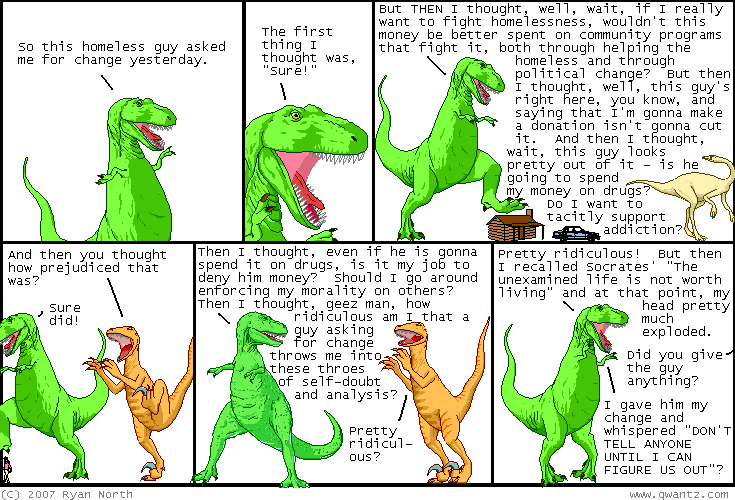Giving & Receiving – Are you Wonder-prone?
September 11, 2023 | Blog

This past week I attended the Nazrudin Gathering. This is an annual event that brings together financial advisors, financial therapists and wealth transition specialists to dive into topics that relate to the “soft side” of wealth management.
Two sessions stand out in particular – Finding Wonder led by Howard Rubin and Giving & Receiving led by Deborah Goldstein. In both these sessions I found myself reflecting on the work that we have done over the past few years and how powerful conversations with clients have created impact.
Finding Wonder
In the first case – Finding Wonder requires the participants to be “wonder-prone.” Two of the key characteristics of being wonder-prone are openness and curiosity. When we start an engagement with a client we never start with the dollar amount of their philanthropy; we always start with asking the “why?” By starting here we shape the discussion to be open, thereby establishing a curious frame of mind from the outset.
One would think that as a philanthropy advisor, when it comes to conversations about Giving & Receiving after so many years, we have had them all. What I learned from Deborah, and the participants in her session, is that there are more insights to glean. Most importantly, when working with other advisors, exploring their reactions to “receiving.”
Giving & Receiving
There are four types of Assets that people can offer each other. We call these Assets (or Gifts) the 4 T’s. Time, Talent, Treasures & Ties. What I realized this past week is that there is a Fifth T – Tribute. The Tribute is something that, at one time or another, we have all received. It may have come in the form of a compliment, or it may have come in a formal accolade. The Tribute is one of those gifts that tends to get downplayed or minimized in the eyes of the receiver. Consider how you give and receive these assets, do you react differently depending on what is being offered up?
It seems that for most people, receiving is harder than giving. If we consider Giving & Receiving as a dialogue between two individuals, then it is equally important for the receiver to be as open and communicative as the giver. This also requires both parties to be open and, in the words of Howard, wonder-prone.
We all fall along a comfort continuum between Giving & Receiving. Some are more comfortable than others on either end of that spectrum. Wherever you fall, consider how your action and reaction to the Giving & Receiving experience feels and as a result, how the person on the other end responds.
As you start to plan out your year-end contributions, how will you respond to the acts of Giving & Receiving? How will you be wonder-prone to the opportunities presented to you? How will you receive gifts?